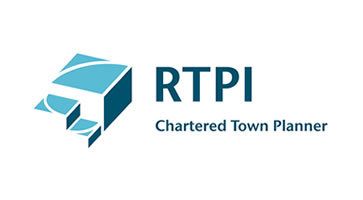The Ministry of Housing, Communities and Local Government (MHCLG) has announced that it will work in partnership with the Royal Town Planning Institute (RTPI) to update the England Enforcement Handbook.
Funding for the new handbook is part of a £1.5m government package for the 2019/20 financial year with the aim of helping local authorities deal with unauthorised development.
The RTPI say that the handbook, which will be reviewed and updated by RTPI network the National Association of Planning Enforcement (NAPE), will help ensure local authorities have access to the latest best practice advice on how to deal effectively with a range of enforcement challenges.
NAPE Chair Neill Whittaker said:
“We’re really pleased to be working in partnership with MHCLG to refresh the National Association of Planning Enforcement handbook for England.
“The updated handbook will support enforcement officers in carrying out their roles covering a range of topics including the Proceeds of Crime Act, lone working, the General Permitted Development Order and advances in technology.
“The NAPE project team are currently working on the details for the updated handbook and three launch events are due to be held across England in Spring 2020.”
In addition the RTPI and Connected Places Catapult (CPC) have launched a shared vision for the digital future of planning. They have been working over the last few years to understand how better data, tools and systems can support the creation of sustainable, resilient and inclusive places.
The new shared vision reflects key messages that have emerged from this work, drawing on contributions made by planners, academics, civil servants, community groups and technology experts. It outlines a shared ambition for a planning system built upon clear structures for the collection, use and sharing of data, and sets out principles which can guide the ongoing development, use and governance of PlanTech.
‘We want to harness the power of technology and direct innovative thinking towards improving the planning system so that our members can work more efficiently, effectively and collaboratively under conditions of complexity and rapid change,’ said RTPI policy manager James Harris
‘We hope that this vision can provide those involved in PlanTech with a common agenda for empowering planners and delivering great places,’ he told the CPC’s PlanTech conference in London.
Planners have always been at the heart of the digital transformation of the planning system that the Catapult is trying to bring about, according to Stefan Webb, CPC director of digitising planning.
‘This new vision and the principles that underpin it should act as a signpost for those in government and industry who are designing, procuring and building the digital planning system of the future,’ Webb added.




